Theodor Kullak (1818 - 1882)
 Allemagne
Allemagne
 Allemagne
AllemagneTheodor Kullak (12 September 1818 ? 1 March 1882) was a German pianist, composer, and teacher. He was born in Krotoschin and died in Berlin.
The 24-year-old opted for a Viennese education. Carl Czerny happily took over his pianistic schooling, and Otto Nicolai and Simon Sechter, the theoretical side of things. Franz Liszt and Adolf von Henselt were also highly revered influences. Kullak played a little in Austria that year but in 1843 returned to Berlin where Fraulein von Hellwig secured him ... (Read all)
Source : Wikipedia
The 24-year-old opted for a Viennese education. Carl Czerny happily took over his pianistic schooling, and Otto Nicolai and Simon Sechter, the theoretical side of things. Franz Liszt and Adolf von Henselt were also highly revered influences. Kullak played a little in Austria that year but in 1843 returned to Berlin where Fraulein von Hellwig secured him ... (Read all)
Source : Wikipedia
Search























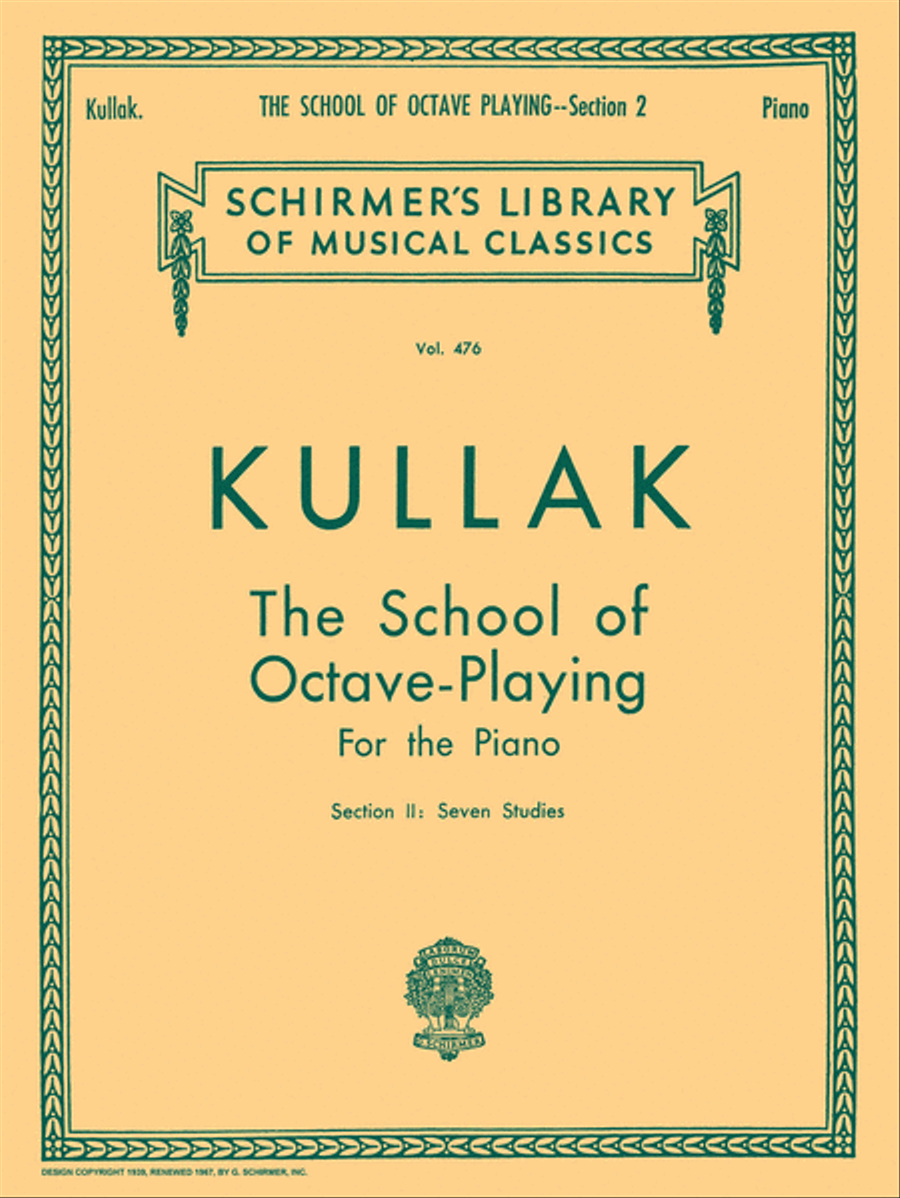
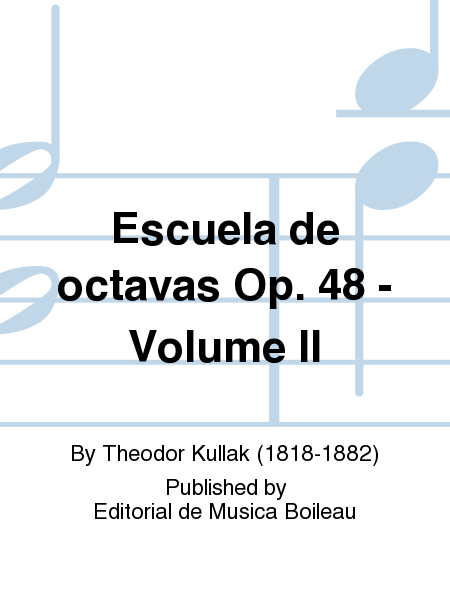
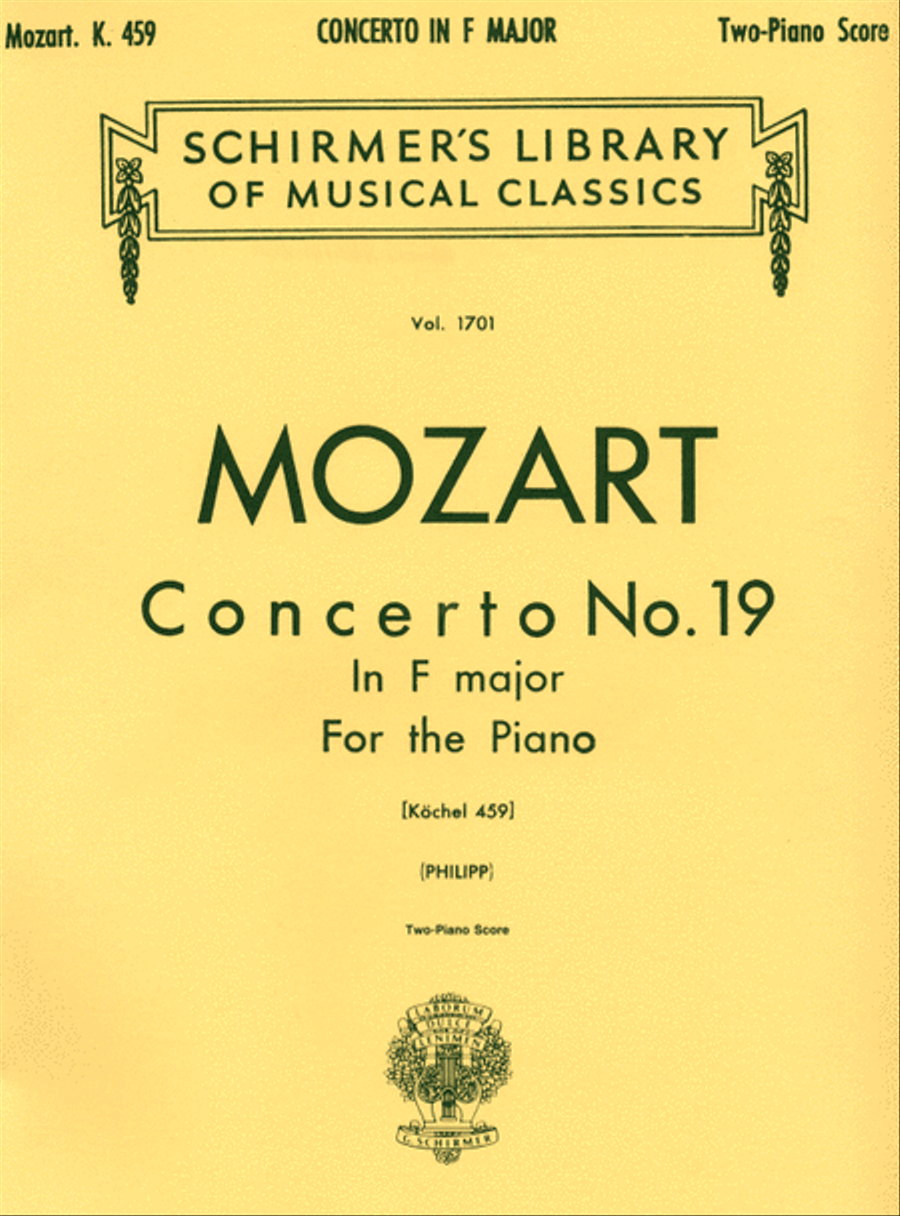
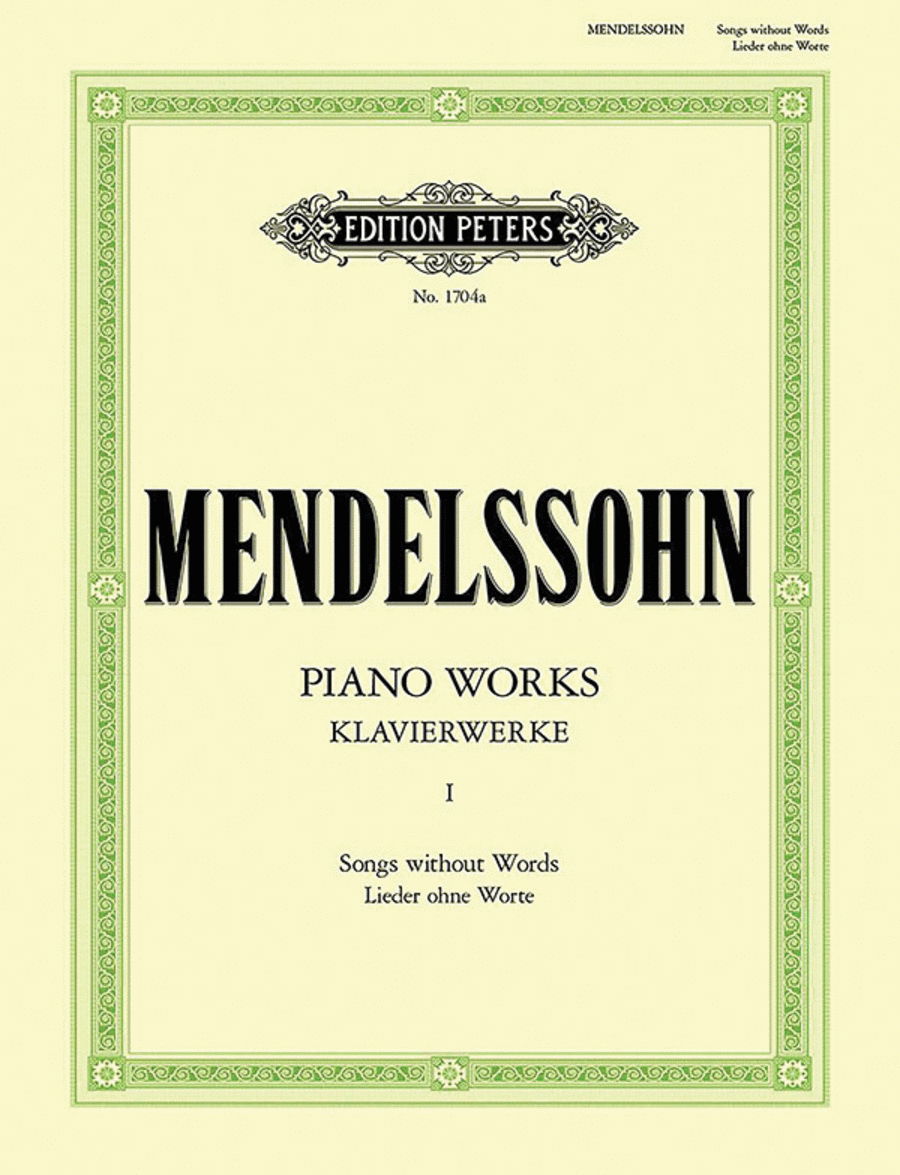
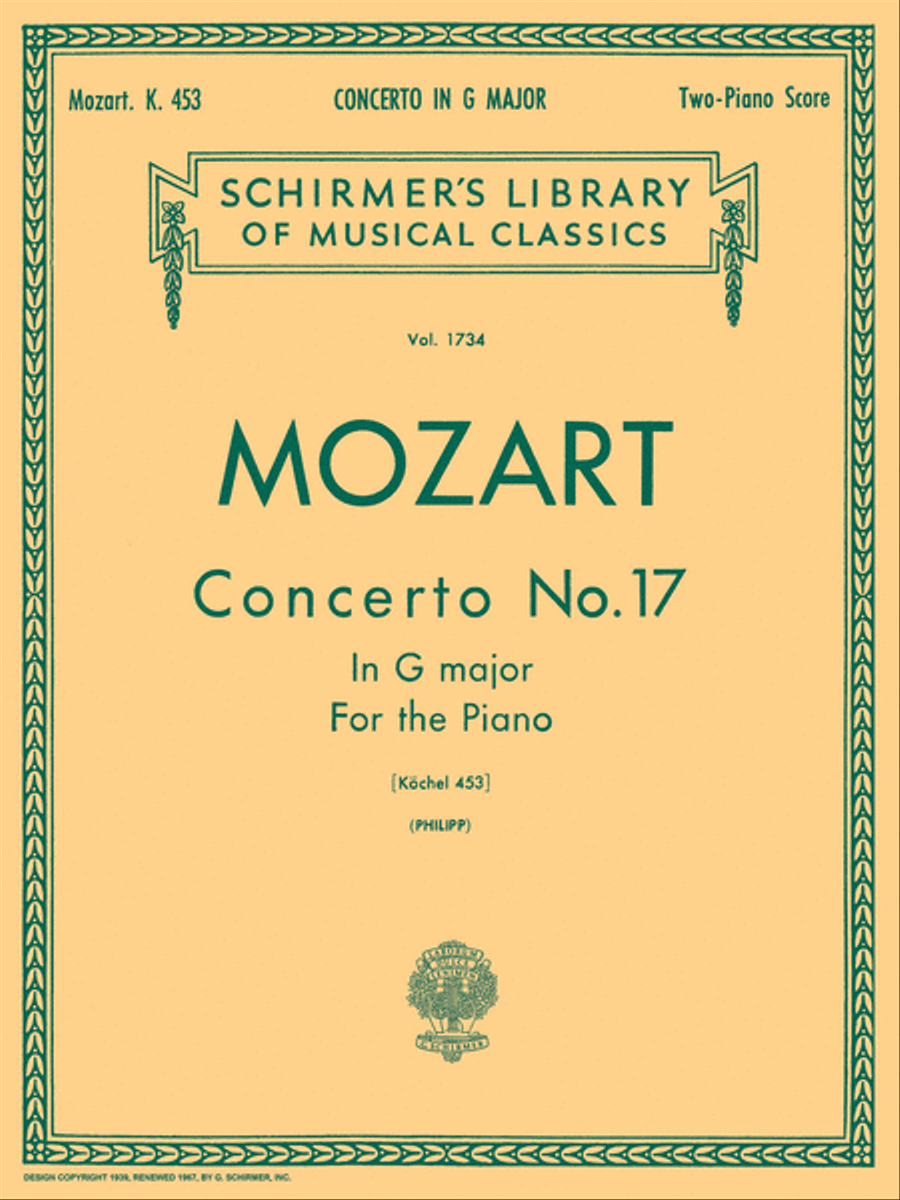
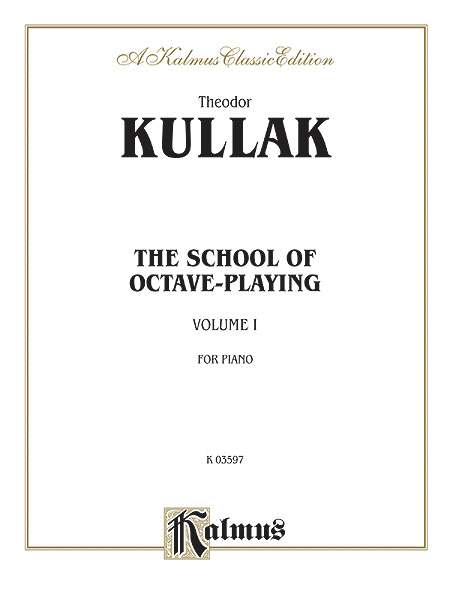
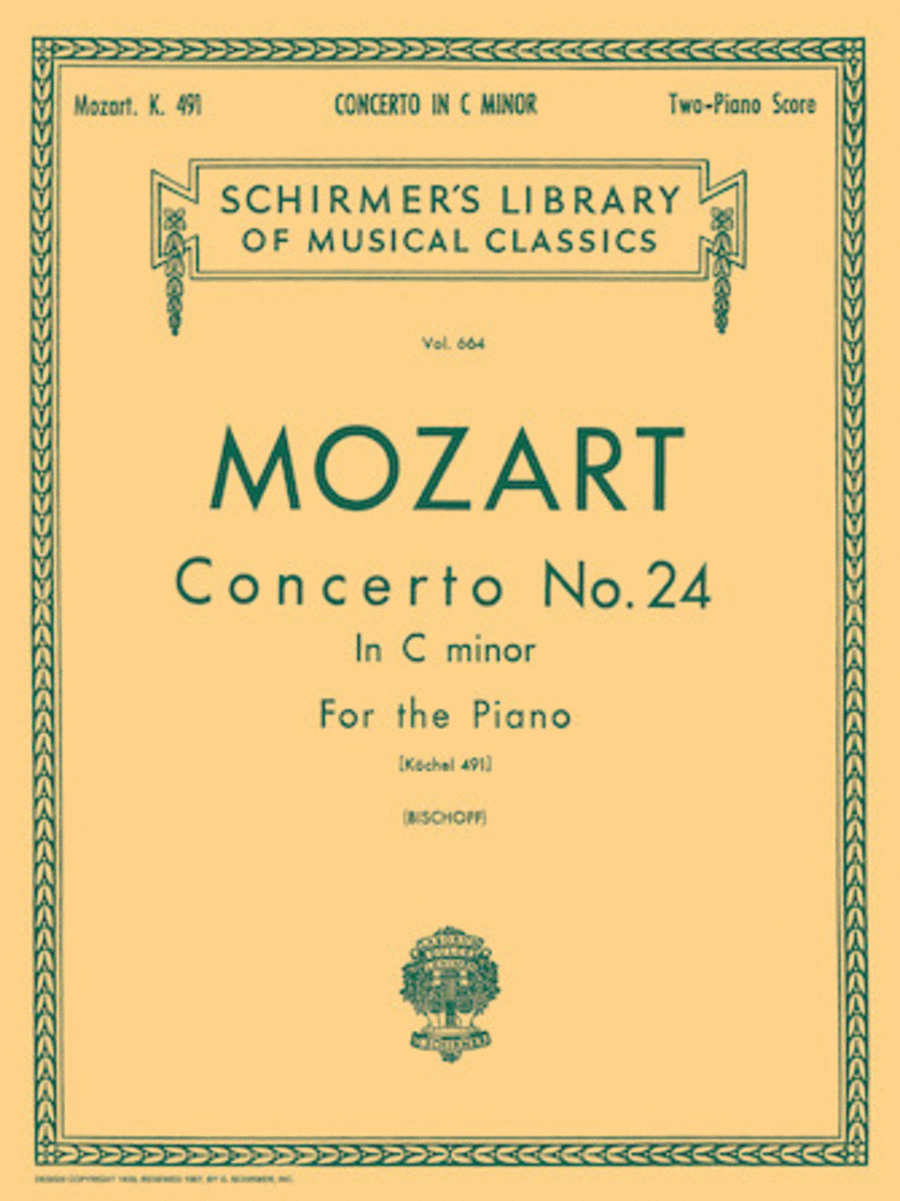
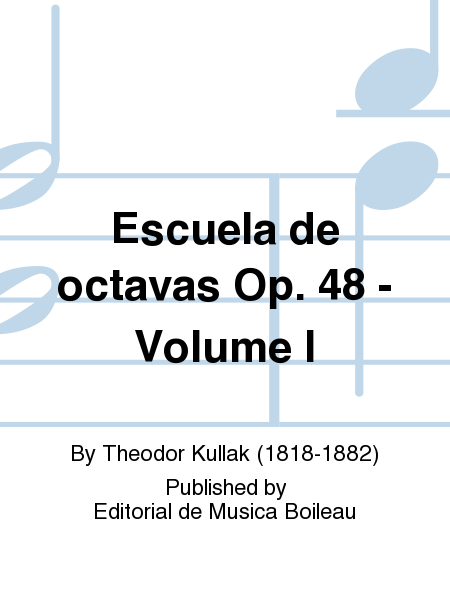






 SHEET MUSIC
SHEET MUSIC